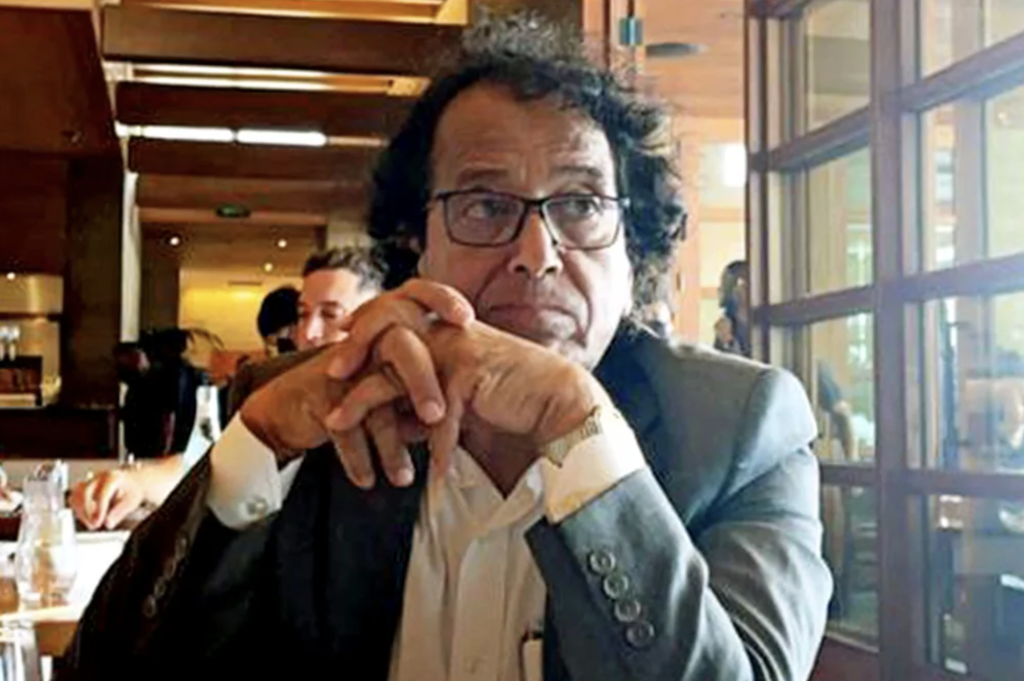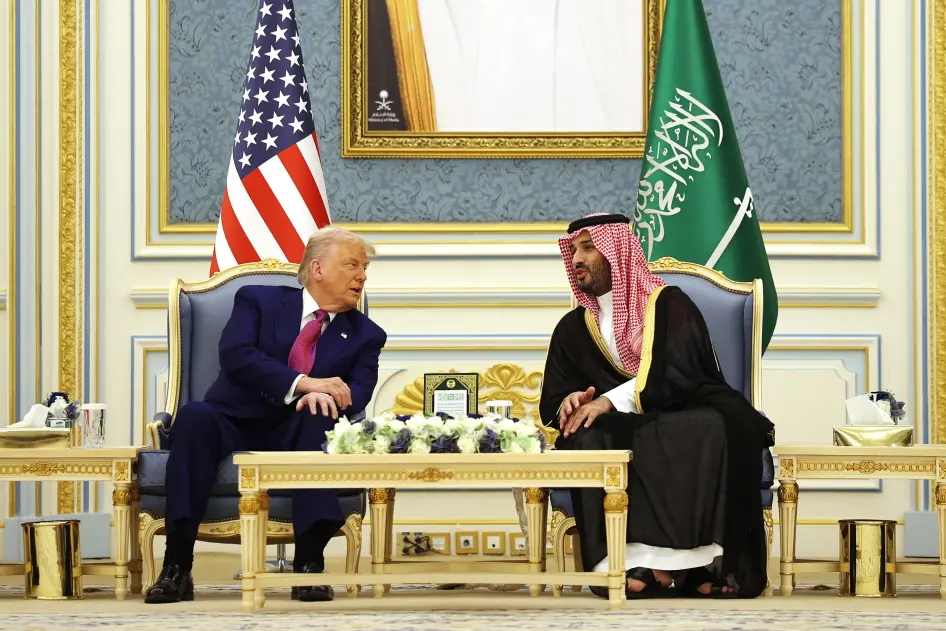In light of the unprecedented jail sentences recently issued against peaceful activists and others in Saudi Arabia merely for exercising their freedom of expression, concerns are growing for those who remain in arbitrary detention without charge or are facing prolonged trials or retrial. The undersigned NGOs call on the international community to intensify efforts to press the Saudi Arabian authorities to immediately and unconditionally release all those who are unjustly and arbitrarily detained in the kingdom for peacefully exercising their fundamental freedoms.
One individual currently held in detention without charge is Abdullah Jelan, a graduate of West Chester University in the United States. Jelan was forcibly arrested by State Security forces on 12 May 2021 upon his return to Saudi Arabia from the United States. No arrest warrant or justification for his arrest was provided. Jelan had been vocal on Twitter, through an anonymous account, and advocated for fundamental freedoms in Saudi Arabia. During interrogation he was subjected to torture, including through use of an electric rod, and he has been denied any contact with his family and the outside world.
Jelan’s arrest occurred amid a crackdown against young activists and bloggers in May and June 2021 who had been peacefully expressing their opinions online. They include Abdulrahman al-Sheikhi, Asma al-Subeaei, Rina Abdulaziz, Yasmine al-Ghufaili, Najwa al-Humaid, and Lina al-Sharif, all of whom remain in prolonged detention more than a year after their arrests. Al-Sharif currently faces charges under the kingdom’s draconian Counter-Terrorism Law, but has not yet been brought to trial. Others have been held in extended detention for even longer, including human rights defender Mohammed al-Bejadi, who despite spending more than four years in detention since his arrest in May 2018, has still not been charged or brought to court.
Such practices are grave violations of international human rights standards, and the kingdom’s own laws. Under the Law of Criminal Procedure (LCP), the Public Prosecutor can extend detention up to a maximum of six months in total, after which the detainee must be either released or referred to court. However, Article 19 of the Counter-Terrorism Law effectively removes this upper limit on pre-trial custody for those suspected of terrorist crimes.
Meanwhile, other prisoners of conscience in Saudi Arabia who have been referred to court are continuing to face endlessly prolonged trials. This includes Islamic scholars Salman al-Odah and Hassan Farhan al-Maliki, both detained in September 2017, whose trials, in which the Public Prosecutor is calling for death sentences based on a range of vague charges, have continued to drag on for unknown reasons. Most recently, on 16 October, the Specialised Criminal Court (SCC) again postponed the hearing of al-Maliki, with no new date set. Dozens of other detainees in Saudi Arabia, including a number of minors, remain at risk of execution following grossly unfair trials that violated basic standards of due process, including three al-Huwaiti family members, Shadli, Ataullah and Ibrahim al-Huwaiti.
In a worrying new development, over the past two months the Saudi courts have handed down a number of unprecedentedly long prison sentences to individuals for exercising their right to free speech. These have included 34- and 45-year prison terms for women’s rights activists Salma al-Shehab and Nora al-Qahtani for peaceful activity on Twitter, and 50 year sentences for Abdulilah al-Huwaiti and Abdullah Dukhail al-Huwaiti for supporting their family’s objections to being forcibly evicted from their homes to make way for the NEOM project. More recently, on 10 October, 10 Egyptian Nubian men were sentenced to between 10 and 18 years in prison for organising a peaceful remembrance event.
Many of these sentences have been dramatically lengthened by the SCC on appeal, which disincentivizes individuals unjustly detained from appealing their wrongful convictions. In some other cases, the Saudi authorities have actually increased the sentences of those already serving prison terms or those who are expecting to be released. In mid-2022, the Court of Appeal increased the prison term of human rights activist Israa al-Ghomgham from eight to 13 years. And in late September 2022, the Supreme Court accepted a request filed by the Public Prosecution to retry human rights activist Mohammed al-Rabiah, meaning that his case will now be transferred back to the SCC, despite recently completing his prison term.
This wave of harsh sentences handed down in the Saudi courts in recent months signals an alarming deterioration of the human rights situation in the country, which followed the diplomatic rehabilitation of crown prince and de facto ruler Mohammed bin Salman, including through the July visit of U.S. President Joe Biden to Saudi Arabia. Such high-level meetings, without firm preconditions being set, have only emboldened the kingdom’s leadership to commit further abuses, as many of us warned.
Others already serving lengthy prison terms in Saudi Arabia for the peaceful exercise of their rights include academic Saud al-Hashimi (30 years), humanitarian worker Abdulrahman al-Sadhan (20 years), and human rights defender Mohammed al-Oteibi (17 years). With the latest spate of ultra-long sentences, concern is growing that those yet to be sentenced, or facing retrial, may face similarly harsh and unjust punishments.
We therefore call on the international community to intensify efforts to press the Saudi Arabian authorities to release those currently detained in the kingdom for the peaceful exercise of their fundamental freedoms.
Signatories:
- ALQST for Human Rights
- Americans for Democracy & Human Rights in Bahrain (ADHRB)
- Electronic Frontier Foundation (EFF)
- European Centre for Democracy and Human Rights (ECDHR)
- European Saudi Organisation for Human Rights (ESOHR)
- FEMENA
- Gulf Centre for Human Rights (GCHR)
- Human Rights Foundation (HRF)
- Human Rights Sentinel
- International Service for Human Rights (ISHR)
- MENA Rights Group
- Project on Middle East Democracy (POMED)
- Vigilance for Democracy and the Civic State



